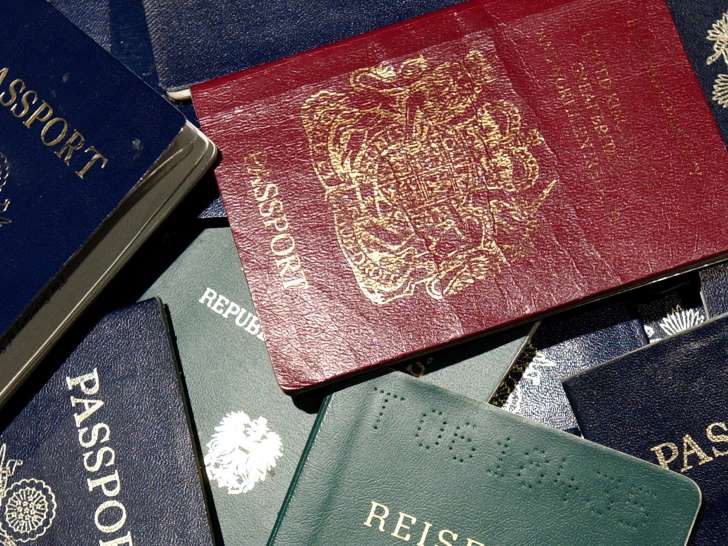
Conventional wisdom has held that eating breakfast is not only essential for fueling up for the day but crucial for maintaining a healthy weight. Consuming the majority of calories at the beginning of the day just makes sense, as it gives you more time to burn them off. Skipping breakfast will turn you into a zombie, or at least stall out your metabolism. Right?
A series of recent studies say: Not necessarily. Last summer, The New York Times summarized scientific support for the value of breakfast as “surprisingly meager.” An entire issue of the American Journal of Nutrition was devoted to the topic, and they didn’t disagree. In a study conducted at the University of Alabama at Birmingham, researchers followed 300 volunteers who were trying to lose weight. They assigned them into three groups: Always eat breakfast, don’t eat breakfast, and proceed with your usual routine. After 16 weeks, none of the groups lost significant weight, and any weight loss that did occur was unaffected by eating breakfast or not.
In another study at the University of Bath, researchers found that eating breakfast didn’t change the participants’ metabolic rate or the number of calories they consumed later in the day. And another group of researchers reviewed a wide array of studies on the effect of eating breakfast on weight loss. They concluded that many of the studies were biased and unreliable because of the widespread feeling that breakfast must be good for us. “The belief of the proposed effect of breakfast on obesity exceeds the strength of clinical evidence,” they harrumphed.
Some research goes a step further—it shows that skipping breakfast could actually be beneficial. Intermittent fasting is a hot trend in which dieters alternate between periods of eating and calorie restriction. The idea is that when you’re fasting, the body burns fat instead of spending time processing food. In the most popular version of the practice, participants fast between 8pm and noon the next day. The idea is that extending the nighttime fast keeps the fat-burning going.
In a 2015 issue of The FASEB Journal, scientists reviewed six studies on obese participants who practiced intermittent fasting at least one day a week. On average, they lost 2.6 percent of their body weight after one month, 6.4 percent after three months, and 8.4 percent after six months. All saw decreased levels of bad cholesterol and insulin.
Yet the research is far from definitive. Valter D. Longo, PhD, a professor in biological science at USC and director of the USC Longevity Institute, believes that eating only two meals a day, plus a snack, is the best and safest strategy for weight management. “So skipping breakfast can work,” he says. “However, since breakfast is usually the smallest meal, skipping lunch or dinner works much better.”
“There are always going to be contradictory studies, but I am pro-breakfast,” says Toby Amidor, a nutrition expert and author of The Greek Yogurt Cookbook. She notes that the size of the University of Alabama study was small, and that there’s evidence that eating breakfast is crucial for weight loss. Amidor cites statistics gathered by the National Weight Control Registry, which has collected 20 years of data on dieters who lost at least 30 pounds and kept it off for one year minimum. Seventy-eight percent of those dieters say they eat breakfast every day.
So what to do? We broke down the science and asked nutritionists for the ideal breakfast for each of us.


 South Asian News E-Paper
South Asian News E-Paper Punjabi News E-Paper
Punjabi News E-Paper

















